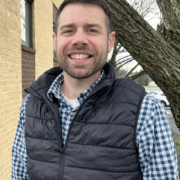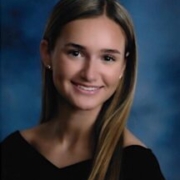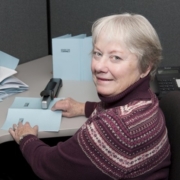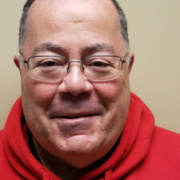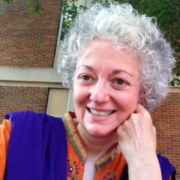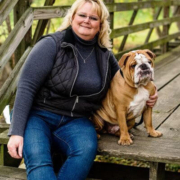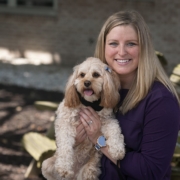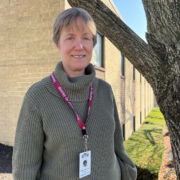The Power of Music In the Lives of Hospice Patients
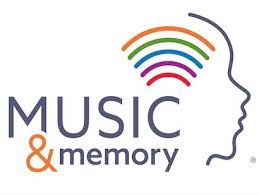 “You, my brown eyed girl.” The lyrics of “Brown Eyed Girl,” Van Morrison’s nostalgic and catchy song from 1967, is familiar to many and a portal to another time for others. For anyone growing up in the 1960s, this song and others from this era evoke memories of times with friends and the feeling of freedom that comes with youth.
“You, my brown eyed girl.” The lyrics of “Brown Eyed Girl,” Van Morrison’s nostalgic and catchy song from 1967, is familiar to many and a portal to another time for others. For anyone growing up in the 1960s, this song and others from this era evoke memories of times with friends and the feeling of freedom that comes with youth.
Music has the power to connect us to memories hidden in the recesses of our brain and ignite energy in our mind and body. Homeland Hospice, a nonprofit hospice program that serves communities throughout Central Pennsylvania, uses a music and memory program to bring patients comfort and peace during their end-of-life journey. Through this program, volunteers work with a patient’s family to create a playlist specific to the patient’s interests.
For Stephanie Douglas of Carlisle, the song “Brown Eyed Girl” has a new meaning after she played the song for a hospice patient. Stephanie has volunteered with Homeland Hospice for several years. A self-described hugger, Stephanie believes human touch relieves stress and restores calm in the body. When “Brown Eyed Girl” was played, the patient’s demeanor changed.
“The tension disappeared from her face,” Stephanie says. “I could feel her lightly squeeze my hand.”
Stephanie’s patient was nonverbal. She conveyed her emotions through facial expressions and the occasional tightening of her hands. Music was a lifeline to connect her to her past. Stephanie’s patient loved musicals and would often sing and dance throughout her home during her younger years.
“We filled the playlist with musicals and her favorite songs,” Stephanie adds. “We even added holiday songs since my visits were close to Christmas.”
The music helped transport the patient’s memory to a time when illness did not exist. The stress in her face and occasional tears were replaced with lifted eyebrows and wide eyes of excitement. In addition to “Brown Eyed Girl,” holiday songs like “Rudolph the Red Nosed Reindeer” and “Up on the Housetop” changed the patient’s demeanor.
“Her face looked peaceful and her eyes grew wide with excitement,” Stephanie says. “I could see her shoulders shimmy ever so slightly.”
Hearing is widely thought to be the last sense to decline during the process of dying, making music the ideal way to connect and ease worries. Music also provides comfort to caregivers.
For Kelly Willenborg of Florida, educating people about the power of music and memory has been her professional life’s work. Kelly is a brain health gerontologist, a researcher who studies the impact of aging. Among her many accomplishments in this field, Kelly launched the Healing Jukebox to bring musical engagement to senior living homes. She also is part of the documentary “Alive Inside: A Story of Music and Memory” and has developed a series of questions to help guide family members when creating a unique playlist. She uses a free Spotify App for ease of use.
Kelly connected with Homeland Hospice several months ago to bring this organized and purposeful approach of music and memory to Homeland.
“Homeland is one of the first hospice organizations to use this program,” Kelly says. “I hope this is the spark to encourage people across the country to try this approach.”
While more music therapists are in need to keep up with the aging Baby Boomer Generation, the music and memory program is an easy and free approach anyone can use to care for their loved one.
For Stephanie, her experience with music and her hospice patient was a powerful lesson she used when caring for her father during his final days earlier this year. Stephanie developed a playlist of her dad’s favorite music including music from the Four Freshman.
“Music took my dad to a place of comfort,” Stephanie says. “The songs helped all of us find peace during a difficult time.”
The power of human connection brought Stephanie to Homeland as a volunteer. The opportunity to make meaningful connections and utilize new services, like music, has given her a volunteer experience like no other.
“I love my time with Homeland,” Stephanie adds. “I am thrilled to add music as another way to connect with patients.”
For more information about Homeland Hospice, call (717) 221-7890.

